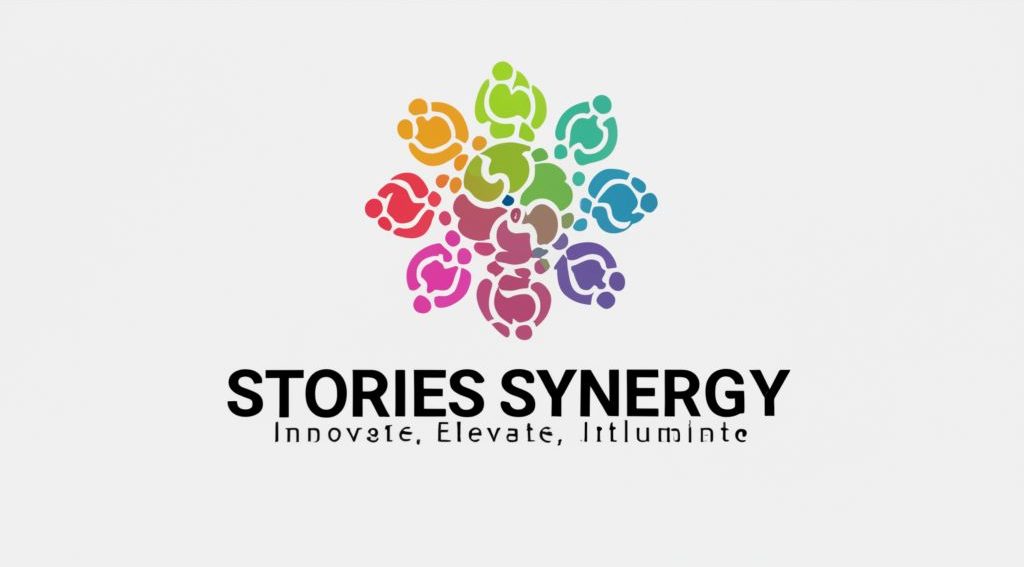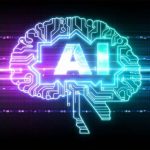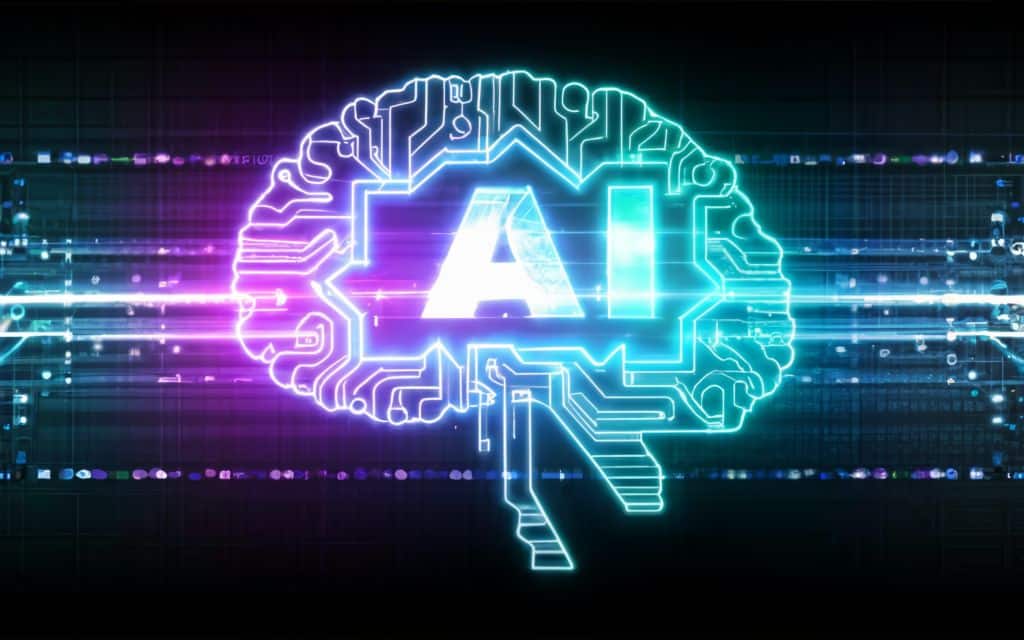This innovative technology is revolutionizing the way we identify and treat illnesses, opening the door to more effective drug discovery, personalized medication, and more accessible healthcare.
AI is Revolutionizing Diagnosis: Early Detection, Better Outcomes
Algorithms driven by AI are transforming early diagnosis. They have never-before-seen speed and accuracy in the analysis of large volumes of medical data, including scans and patient information. Early diagnosis of illnesses and disorders is made possible by this, which expedites therapy and enhances patient outcomes. AI, for instance, may spot minute patterns in medical photos that the human eye might miss, resulting in earlier and more precise diagnoses. Furthermore, AI may use medical history and genetics to identify people who are at risk for particular diseases, allowing for proactive preventive actions. This is done by analysing electronic health records.
AI Changes Drug Discovery from Lengthy to Efficient
The conventional drug development method is frequently expensive, time-consuming, and rife with mistakes. But by accelerating the discovery of promising therapeutic possibilities, AI is changing this environment. Massive biological data sets can be combed through by AI algorithms to find therapeutically useful medications, forecast their efficacy, and even suggest the best dosing regimens. AI is also speeding up clinical research by improving experimental designs, choosing the best patient demographics for trials, and monitoring patient outcomes in real time. This significantly lowers the time and expense involved in the process while raising the possibility of a successful drug development endeavour.
AI Brings Personalised Medicine to Life by Customising Treatment
A new era of personalised medicine, where therapies are tailored to the specific requirements of each patient, is being ushered in by AI. AI-powered systems can evaluate enormous datasets to find the best course of action for individual patients, doing away with the necessity for trial-and-error procedures and the negative effects that come with them. By examining a patient’s tumour genetics and forecasting how they will react to different treatments, AI, for example, can assist medical professionals in choosing the most effective cancer treatments. By minimising pointless treatments, this method saves significant time and costs while also improving treatment outcomes.
Increasing Access: Telemedicine and AI Fill the Void
AI is having a big impact on remote monitoring and telemedicine as well. Artificial intelligence (AI)-driven chatbots can do preliminary assessments, respond to often requested medical queries, and set up appointments, enhancing the effectiveness and precision of online consultations. AI-enabled remote monitoring devices can also gather and analyse patient data continually, notifying medical staff of any changes right away. This not only improves underprivileged communities’ access to healthcare but also makes it possible to diagnose and treat chronic illnesses early on, which eventually lowers the need for hospital stays and associated expenses.
The Future of AI-Powered Healthcare: Opportunities and Challenges
Unquestionably, the introduction of AI into medical research is igniting a revolution in every facet of healthcare. AI is revolutionising healthcare, from early diagnosis and illness prevention to drug discovery and customised care. Future healthcare systems should be considerably more sustainable and lead to better patient outcomes as artificial intelligence (AI) develops and becomes more accurate and efficient.
It’s important to recognise that there are obstacles in the way of healthcare’s complete AI integration. Regulations, data protection, and ethical issues must all be properly taken into account. Above all, cooperation between AI systems and medical practitioners will always be crucial. Unlocking the full potential of this revolutionary transition will depend on the synergy that occurs between human expertise and AI capabilities working together harmoniously. One thing is certain as we make our way through this quickly changing environment: artificial intelligence (AI) will undoubtedly influence medical research going forward and have the ability to build more universally accessible, effective, and efficient healthcare systems.










